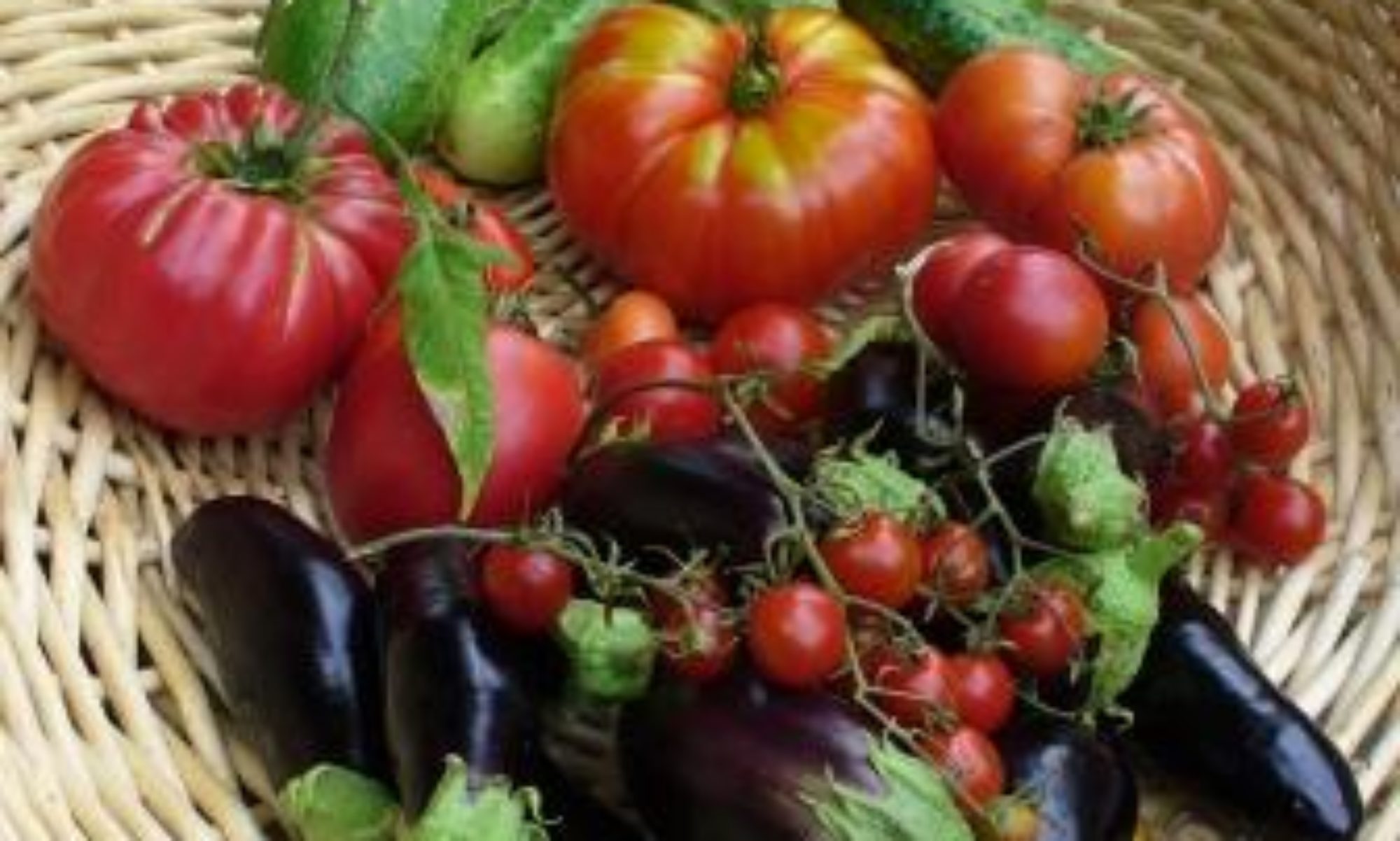
Lucy


High Dry Farm, Sultan, Washington….Certified Organic

The last few days have been uncharacteristically sunny and dry, with daytime temperatures reaching 55 and night time lows of 35. The seedlings in the greenhouse have responded to the sunlight with a spurt of growth.
The onions have all sprouted, although the red torpedo’s are a day or two behind the other onion varieties. Today I moved the onions into the greenhouse. Skies have been very grey and dark, with pretty contant drizzle, and daily highs around 50. Although I see no sign of Spring the trees disagree, as the plum trees are threatening to blossum.
All the plants sowed Jan.31 have now sprouted and I transferred them to the greenhouse, where they are living beneath a sheet of Remay for a little extra warmth. The rodent predation problems have ceased. Feb. 3 I sowed 3 different onion varieties (Ed Hume Seeds), each into 3 4 inch pots, indoors. Onions include:
Ringmaster White Globe
Italian Red Torpedo
Walla Walla Sweet
Mice ate nearly all the seedlings growing in my green house. Surviving plants include parsley, leeks and onions. I took appropriate steps to eliminate the rodent population. We will speak no more of this. Sowed new 4″ pots with spinach, savoy cabbage, mache, kohlrabi, marjoram, chinese cabbage, head lettuce, romaine letuce, bibb lettuce, endive, kale, swiss chard, cauliflower, fennel, broccoli raab, leek, celery and broccoli.
Here is my modest proposal to stop global warming. Global warming results from increasing levels of atmospheric green house gases, principally CO2. Plants convert CO2 into cellulose, reducing atmospheric CO2. Therefore, I propose to plant the state of Kansas border to border with zuccini. Zuccini will be harvested when they reach full size, trucked to Arizona, and chucked into the Grand Canyon. The Grand Canyon has a total volume of 4.17 trillion cubic meters. Estimating that the dry weight of zuccini is 10% of their total weight, filling the canyon to the brim with zuccini will consume 417 trillion kilograms of CO2. In the dry climate of Arizona, the zuccini will not decompose for many years. Human activity releases 27 trillion kilograms of CO2 per year. Thus, filling the Grand Canyon with zuccini will consume sufficient CO2 to stop global warming for the next 15 years.
We had some of the coldest days in recorded history this winter, which really did a number on our winter garden. Hopefully that is well past. It’s not really spring, but the days are getting longer, and the gardening itch is upon me. I planted some early lettuce, water cress, spinach, and parsley in flats in the house. As these germinate, I move them into the green house, where they are protected under a sheet of row cover for extra protection from the cold.